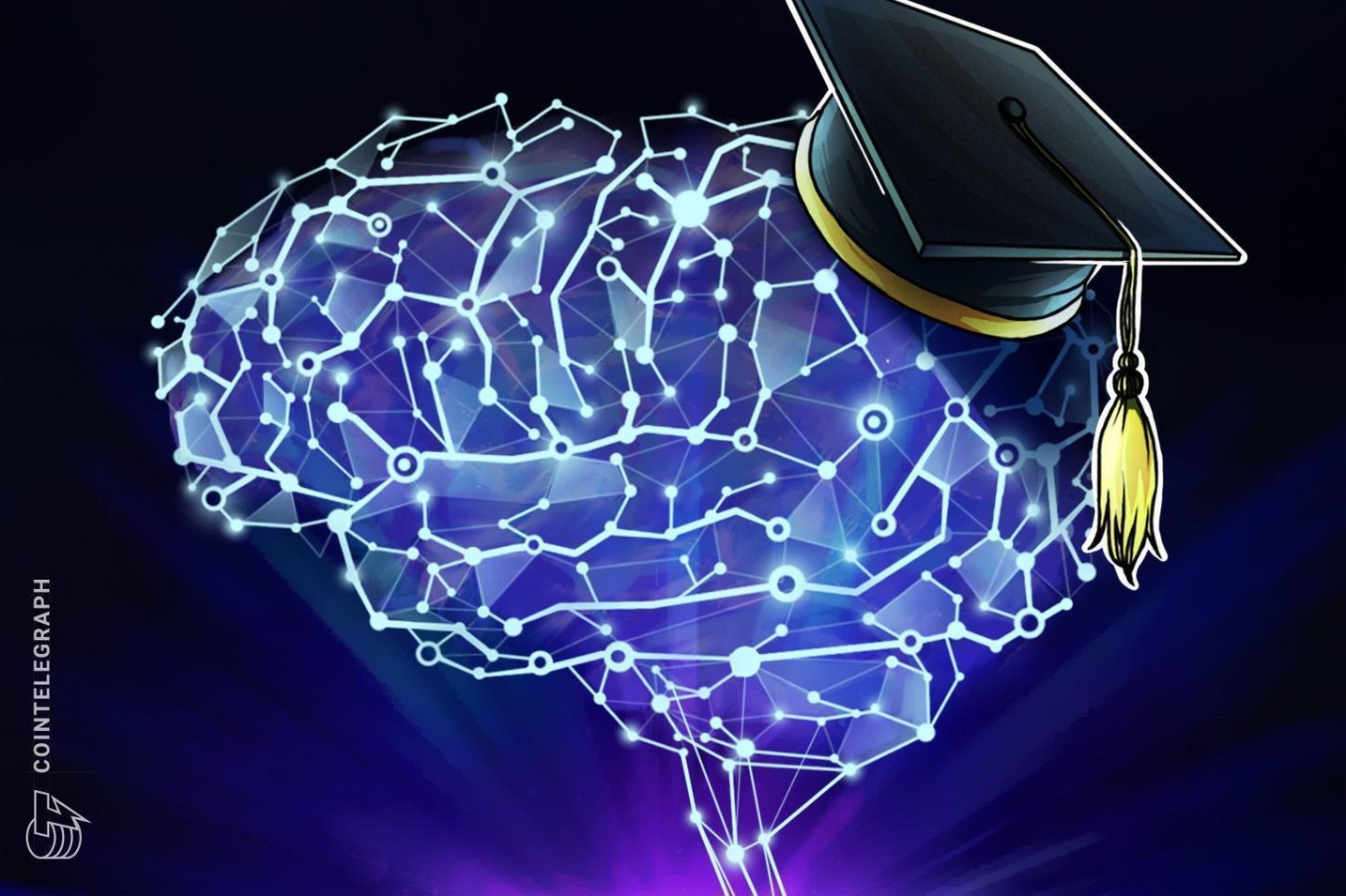Artificial Intelligence (AI) and blockchain are not just buzzwords in tech they are powerful tools already disrupting the legacy education system. As educational institutions struggle to keep up with the digital age, these technologies are offering scalable, affordable, and personalized alternatives. From AI powered learning assistants to decentralized credentialing through blockchain, the transformation is both profound and inevitable.
The Rise of AI in the Modern Classroom
AI’s role in education has expanded far beyond chatbots and grammar checkers. At the heart of this transformation is personalization. Traditional education models often struggle to meet the unique learning needs of every student. However, with AI algorithms that adapt to each learner’s pace and understanding, education becomes more engaging and effective.
Futureproof Music School
John von Seggern, founder of the Futureproof Music School, exemplifies the power of AI in education. He uses an AI assistant to help design courses that adapt to student needs. The AI analyzes student interaction and recommends resources accordingly. This results in a dynamic, student led learning process rather than a rigid, instructor driven one.
Seggern explains, “AI helps me structure my lessons in real time. If students are struggling with a particular concept, the AI detects that and suggests additional tutorials or restructured content.”
This is just one of the many ways AI and blockchain in education are helping teachers and students alike.
Blockchain: The Backbone of Alternative Credentialing
Legacy education systems have long relied on diplomas and degrees from accredited institutions as proof of knowledge. However, this system often excludes non traditional learners and undervalues skills acquired outside of formal settings.
Blockchain, with its decentralized and immutable structure, allows learners to own verifiable, tamper proof credentials. Whether it’s a course completed on Coursera, a bootcamp in data science, or independent research, blockchain certificates provide transparent evidence of skills. These can be shared across borders without waiting for university bureaucracy.
Dr. Melissa Lee, EdTech Consultant Blockchain is a game changer for learners in the global South, says Dr. Melissa Lee, a leading consultant in educational technologies. “It levels the playing field by recognizing skills regardless of geography or financial status. With blockchain credentials, a student in rural Kenya can prove their competencies just as easily as someone in New York.”
Combining AI and Blockchain for Lifelong Learning
The combination of AI and blockchain in education has the potential to create fully autonomous learning ecosystems. Imagine an AI that not only teaches you but also tracks your learning progress on a blockchain ledger, issuing micro credentials in real time.
This vision is becoming reality in startups like Odem and Learning Machine, which integrate AI tutoring with blockchain credentialing. Learners can chart personalized learning paths, prove their knowledge immediately, and continuously upgrade their skills without stepping foot into a traditional classroom.
Breaking Free from the System
Maya Thomas, a 29 year old software engineer from India, left her traditional university midway and pursued online courses in AI and machine learning. Using platforms like edX and LinkedIn Learning, combined with blockchain certified credentials, she was able to land a job at a multinational tech firm.
“I didn’t need a degree,” Maya says. “I needed skills and a way to prove I had them. Blockchain took care of that part.”
Her story echoes the experiences of thousands of learners who are embracing AI and blockchain in education to bypass outdated models.
The Limitations of the Legacy Education System
Let’s face it, the traditional education system is expensive, rigid, and slow to adapt. Universities often take years to revise curricula, which can leave students learning outdated information. In contrast, AI tools update learning content continuously, and blockchain ensures credentials are instantly shareable and verifiable.
According to a 2024 report by HolonIQ, over 200 million learners worldwide now rely on some form of AI powered education, while blockchain based credentials have grown by 800% since 2020. This data shows a seismic shift already underway AI and blockchain in education are not futuristic dreams; they are current realities reshaping how we learn.
The Future: Democratized, Decentralized, and Dynamic
The future of education is about empowerment. By removing institutional gatekeepers, AI and blockchain in education offer a more inclusive and transparent model. They encourage self paced learning, lifelong education, and global recognition of skills.
What Should Educators Do?
Educators must embrace these tools, not fear them. Training in AI literacy and understanding blockchain basics will be crucial. Institutions that adapt quickly will stay relevant. Those that don’t risk becoming obsolete.
The Revolution Has Already Begun
The integration of AI and blockchain in education is already underway, transforming not just how we learn, but who gets to learn, when, and at what cost. With personalized AI tutors and verifiable blockchain credentials, the once rigid and exclusionary legacy education system is giving way to something more democratic and efficient.
AI and blockchain in education aren’t future trends they are the present reality, and they’re here to stay.

1 thought on “AI and blockchain are already disrupting legacy education system”